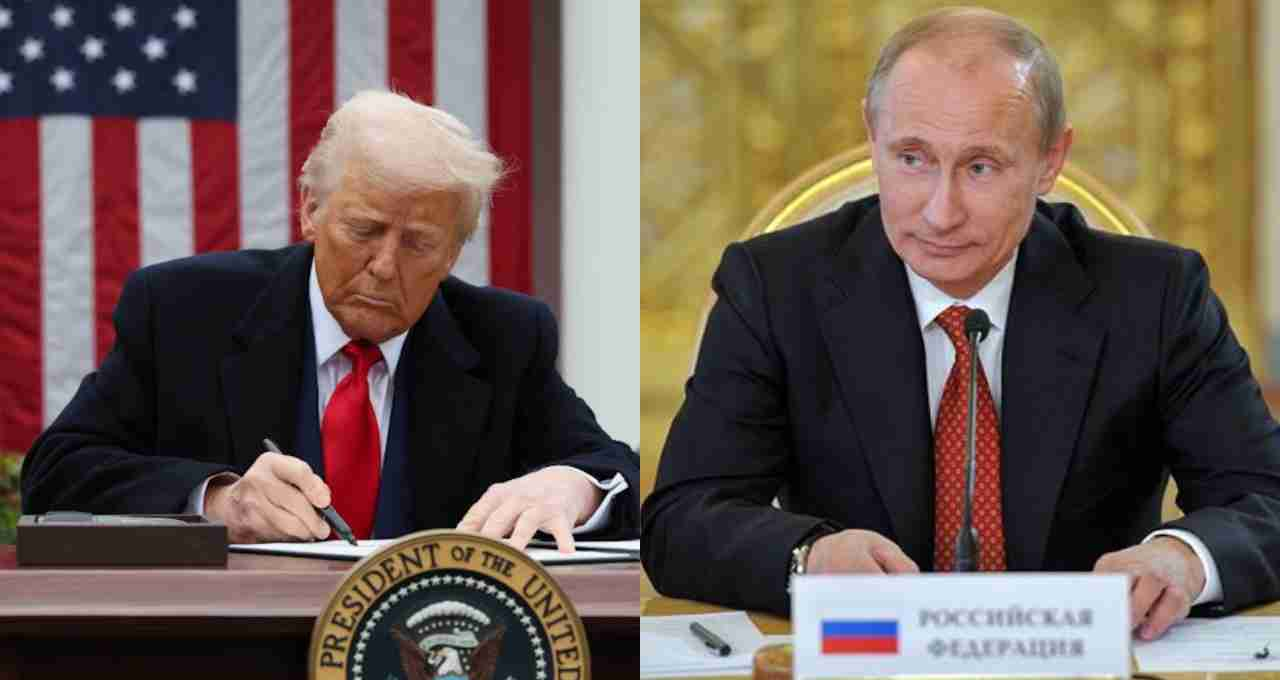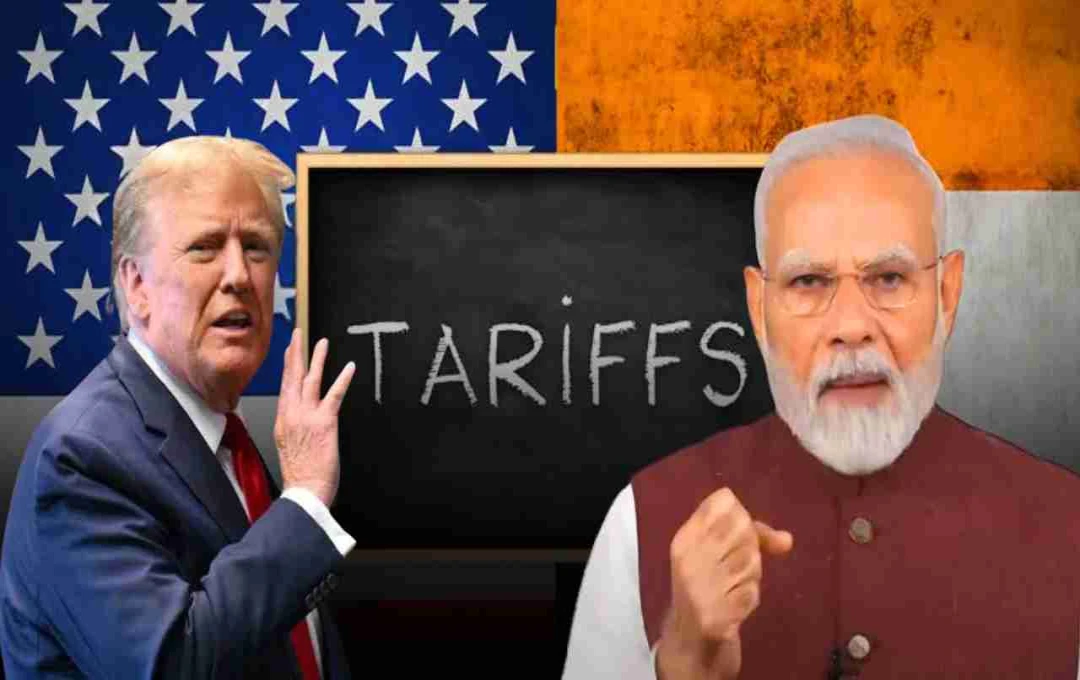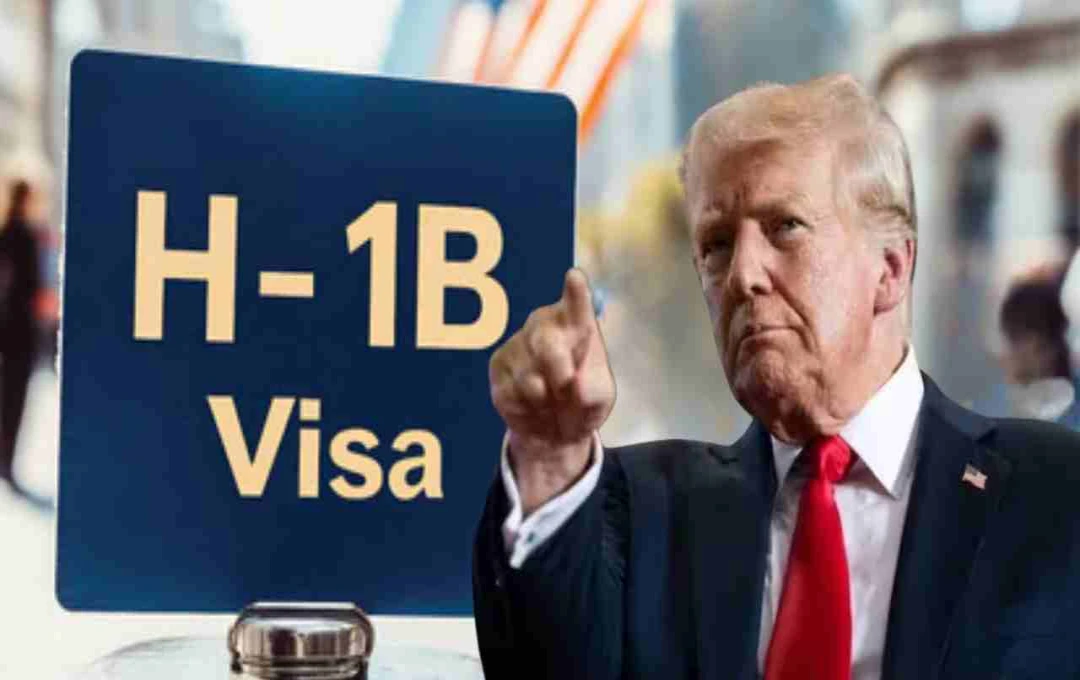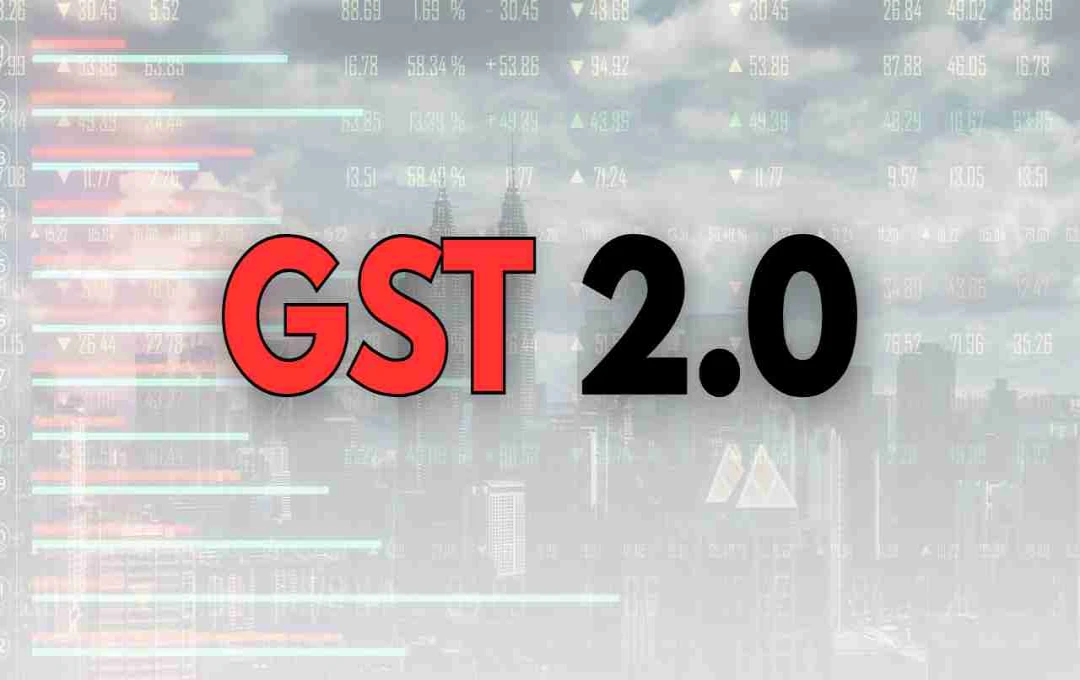The United States has significantly increased tariffs on goods imported from India. While the average tax in 2024 was 2.4 percent, it has now risen to 20.7 percent in 2025. This information was provided by global rating agency Fitch.
According to Fitch, the main reason for this surge in tariffs is the new trade policy of US President Donald Trump.
Increased Concern for Major Companies, Reduction in Economic Estimates
The Trump administration recently announced tariffs of up to 25% on India. This decision has dealt a major blow to Indian exporters. The United States is a large market for India, and the impact of this decision is directly visible on Indian companies.
This increase in tariffs appears to be affecting India's economic situation as well. Goldman Sachs stated on Monday that India's GDP growth is now projected to be 6.5% for 2025 and 6.4% for 2026, reduced from earlier estimates.
Goldman Sachs believes that US tariffs will affect India's exports, which will directly impact the economy. However, they also added that these tariffs could be reduced through negotiations in the future, but uncertainty will persist until then.
Penalties to be Imposed on Trade with Russia as well

Donald Trump has not only imposed tariffs on India but has also announced separate penalties on companies trading with Russia. This has dealt a double blow to those Indian companies that also have trade relations with Russia.
This penalty makes it difficult for Indian companies to decide whether to continue trading with their old partners or prioritize the US market. This situation has become stressful for India's export sector.
Fitch Ratings Update
According to Fitch's new report, the overall average US tariff is now 17%, which was previously expected to rise to 25%. This is slightly lower than previous estimates, but it is still a major concern for India. Fitch also stated that the increase in tariffs could mark a new turn in India-US trade relations.
HDFC Bank's Estimate
HDFC Bank has stated that US tariffs could lead to a decline of 20 to 25 basis points in India's GDP. The bank says that the impact on the pace of economic development will be clearly visible due to the decline in exports and business uncertainty.
The bank also added that India now needs to focus on the domestic market and alternative foreign markets to mitigate this impact to some extent.
Moody's Report Also Expressed Concern

Christian de Guzman, Senior Vice President at Moody's Ratings, said that the impact of the US decision will be felt on India's manufacturing sector, especially on sectors that manufacture electronics and high-value goods.
He said that India's greatest strength has been its lower dependence on trade compared to other Asian countries, but this shock could still affect its development plans, especially those related to campaigns such as Make in India.
Indian companies, especially those in the textiles, pharmaceuticals, and electronics sectors, have described this decision as challenging. An official from an electronics exporting company stated that the price of their goods in the US will now be 25% higher, which will result in a loss of competitiveness.
Some companies have also said that they will now have to look for new markets, such as Africa, Central Asia, or Latin America, where they do not have to face such tariffs.
Restlessness of Businessmen, Demand for Talks with the Government
Trade organizations and exporters' associations have demanded that the central government negotiate with the United States on this issue. They say that if a solution is not found soon, small and medium-sized enterprises will suffer the most.
The Federation of Indian Export Organisations (FIEO) said that the United States accounts for approximately 17% of India's total exports, and such a large increase in tariffs there is not a good sign for trade.
After the increase in tariffs, India may now have to reconsider its trade policy. Many experts believe that India will have to move towards multilateral agreements and new trade treaties to reduce its dependence on a single market.
The industry's eyes are now on the government's next response, on how it tries to resolve this issue.














